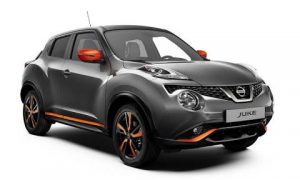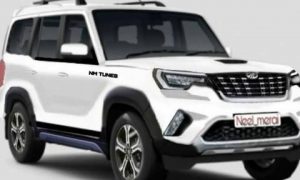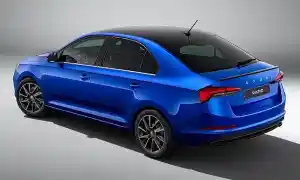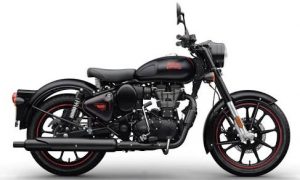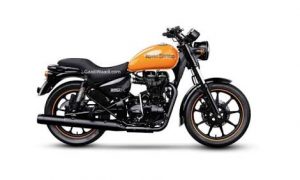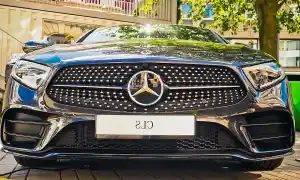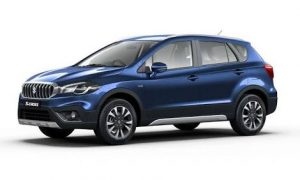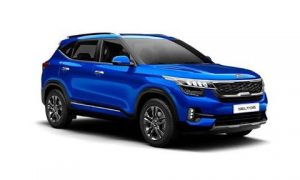Mumbai has remained the centre point of national media for many reasons in the recent past. Whether the recent change of government or the Bollywood movies, Mumbai is definitely a newsmaker. However, this time the city has yet again achieved a new milestone. India’s Metros like Chennai, and Mumbai have always amazed people with their public transportation. Especially, the double decker buses that make people look up have always roamed their roads. Mumbai has taken a step further by introducing the country’s first electric double decker bus for its transit system.
Switch Mobility, a subsidiary of Ashok Leyland has provided the city with the new vehicle and has promised to deliver 200 more of these beauties to its roads starting from December. Here are some specs about the bus.
Features & Range of Switch EiV22 Electric bus
The Switch EiV22 has a claimed range of up to 250km and it is powered by a 231kWh battery. But we can expect a realistic range of 120 – 180 KMs, says the CEO of Switch Electric. The range will also depend upon other factors like road conditions and weather. However, the Electric Bus could still reach up to 100KMs with only 45 minutes of charging.
What takes up the charge is a Nickel, Manganese and Cobalt (NMC) battery that comes with an 8-year warranty. The manufacturer has also added safety precautions like remote monitoring and fire detection and suppression systems. Through these, the company can constantly monitor the battery temperature and alert the driver of any discrepancies arises. Also, the fire suppression system uses inert gases to put out the fire if any.
Launching the vehicle was the Union Transport Minister Mr. Nitin Gadkari, who said that the country’s future of mobility will be based on hydrogen, biogas and electricity to run the vehicles. The diesel buses have an average cost of operation of ₹41 per Km, while the electric buses can be as cheap as ₹2.40 per KM. This huge reduction in the cost of operation could create a massive demand for these vehicles even among other states.
Introduction of these electric buses will also reduce the carbon foot print by 41% and also save up to 26 million litres of diesel per year. More electric buses are awaited on the Delhi-Dehradun, Delhi-Jaipur and Delhi-Mumbai routes too. Other Metros including Chennai, Bengaluru, Hyderabad and Secunderabad can be expected to follow the trend and start their own electric bus fleets.
Future of Electric Buses & Tourism Potential
With Ashok Leyland paving the way ahead, we can also expect other companies including the Tata Motors to follow the suite. The market for electric vehicles in undergoing a huge growth in the recent times. With the availability of electric vehicles, we can expect more and more people opting to travel by these vehicles at least to enjoy the novelty of the transport. Apart from reducing the carbon footprint, these vehicles will also be an important tourist attraction to the city.

